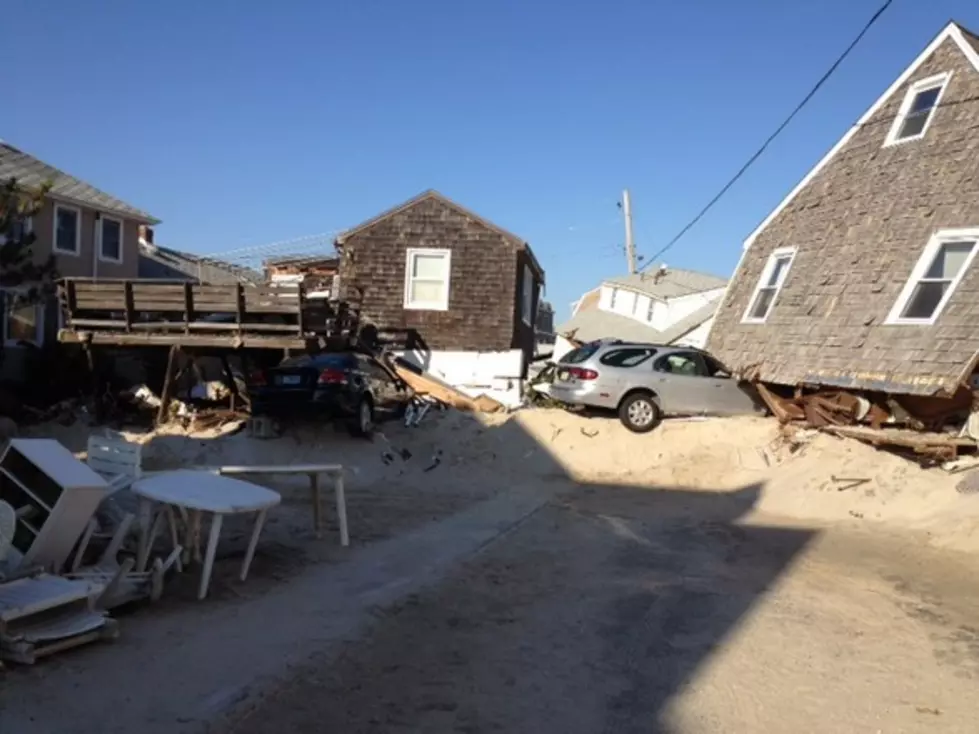![Rodents An Unwelcome Visitor In Sandy Aftermath [AUDIO]](http://townsquare.media/site/394/files/2012/11/Sandy21.jpg?w=980&q=75)
Rodents An Unwelcome Visitor In Sandy Aftermath [AUDIO]
Not only are certain types of crimes anticipated in the aftermath of Superstorm Sandy but certain types of rodents are anticipated in Sandy devastated areas, as well.
With plenty of water, piles of garbage and compromised homes, you might as well roll out the red carpet for rats, the long-tailed, agile critters and the subject of many a horror movie.
Yes, according to experts, the critters normally like to come indoors from their boroughs when the weather gets cold.
"However, we think its exacerbated with Sandy flooding out a lot of those boroughs, removing a lot of those houses that are vacant that those rodents have to move to others, so the migration patterns might be a bit greater this year," according to Len Douglen, Executive Director of the New Jersey Pest Management Association.
Douglen says we may also see more rats than normal in those areas because for the most part, integrated pest management methods that would normally be in place are not be practiced right now, as piles of debris are loaded outside of homes and garbage bags are strewn about without containers. He says it smells like food to rats and other rodents.
To keep rats from coming inside your home, Douglen recommends sealing holes with steel wool and then cement.
"If you can get your pinky through a hole, a mouse could get through it. If you can get your thumb into a hole, a rat is going to be able to get through it. So, using steel wool, some mesh material and cementing it up is usually the best way."
Douglen says if rats make it inside your home, you'll know it. He says they urinate and leaving their droppings everywhere they eat (and where you eat). However, he says "Never" vacuum up their droppings. He says that can expose you to the hantavirus that comes from breathing in dust contaminated with rodent waste. You can also contract Salmonellosis. He advises that you spray droppings with a mixture of bleach and water and letting that sit for 15 minutes and then cleaning it up using gloves and discarding it in the trash.
Douglen also advises pet owners not to leave food out overnight and to store plastic garbage bags in sealed containers. Get more information from the New Jersey Pest Management Association website. He also says another good resource is the Rutgers Cooperative Extension located in all 21 counties.
More From 92.7 WOBM










